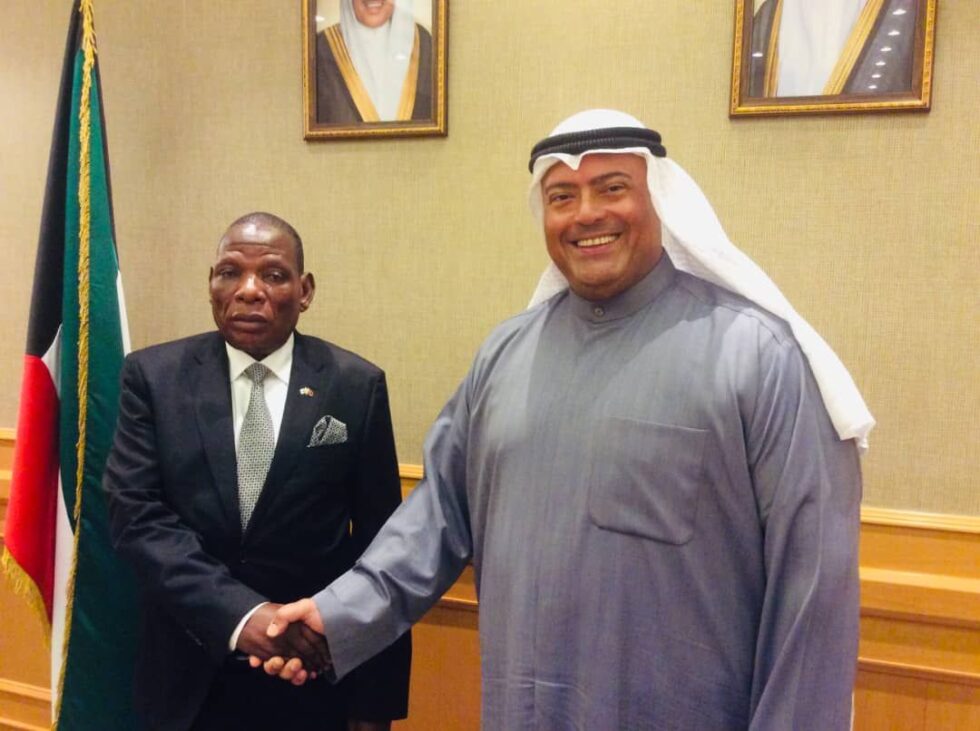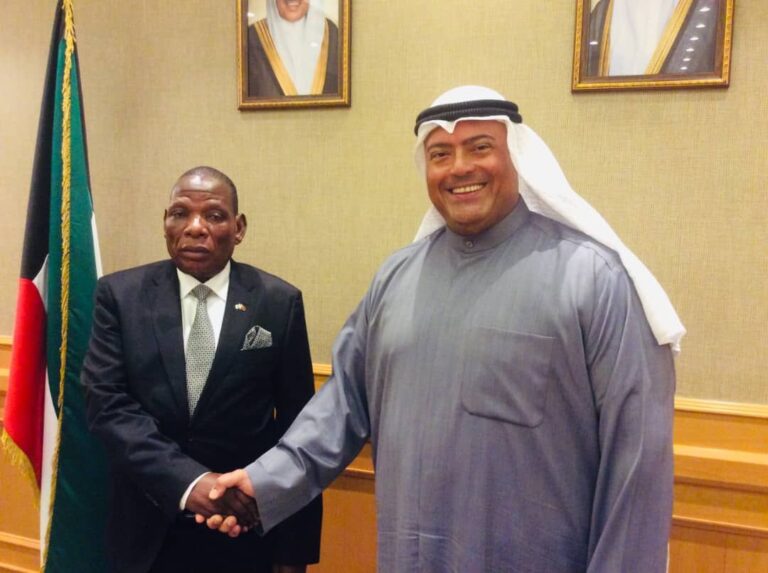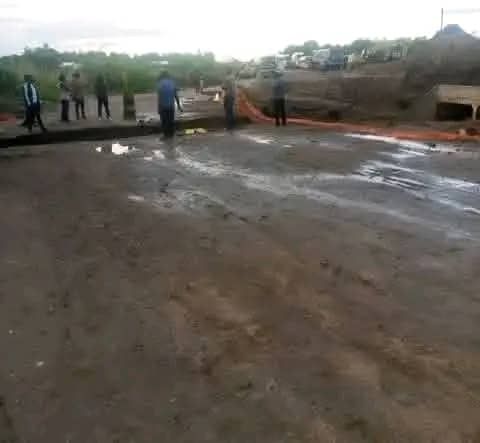By Linda Kwanjana
In a broaden vote of donor Confidence Malawi government has secured a $15 million grant from the Kuwait Fund to support the country’s Infrastructure development and economic recovery. Minister of Finance, Economic Planning, and Decentralization, Hon. Joseph Mwanamvekha, MP, who is the Special Envoy to the State of Kuwait, met with Acting Deputy Director General of the Kuwait Fund, H.E. Mr. Rashid Al Bader, and top officials in the Kuwait Fund on December 14, 2025.

During the meeting, Hon. Mwanamvekha highlighted the key macroeconomic challenges facing the current adminstration among them fuel,fertilizer,food,foreign exchange and pharmaceuticals.
In his remarks,H.E .Mr.Rashid Al Bader assured the Malawi government that they will support through provisions of grants on annual basis starting with $15 million dollars.
These funds will go towards the health sectors as it alligns with their cooporate social responsibility.
Malawi government will use the funds on the contsruction of Blantyre district hospital in order to de_congest Queen Elizabeth Central Hospital.
Hon. Mwanamvekha was accompanied by Malawi’s Ambassador to Kuwait, H.E. Yunus Karim.”









